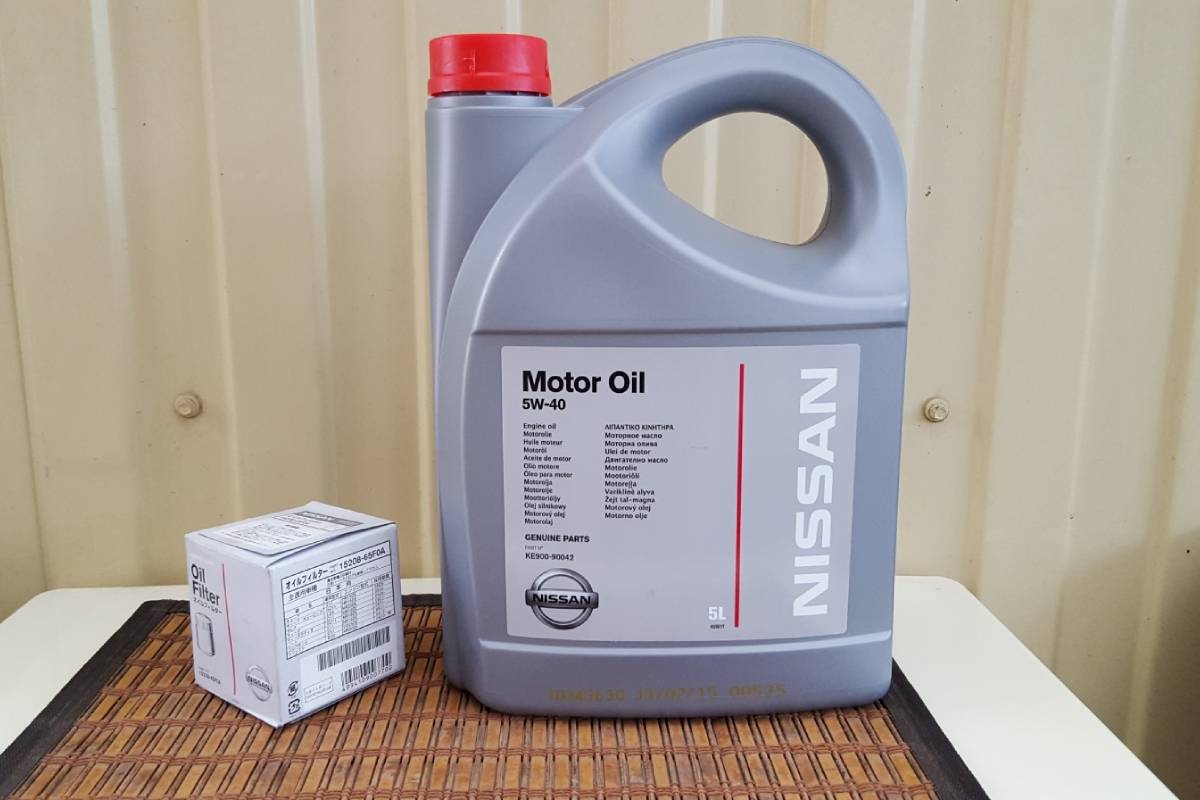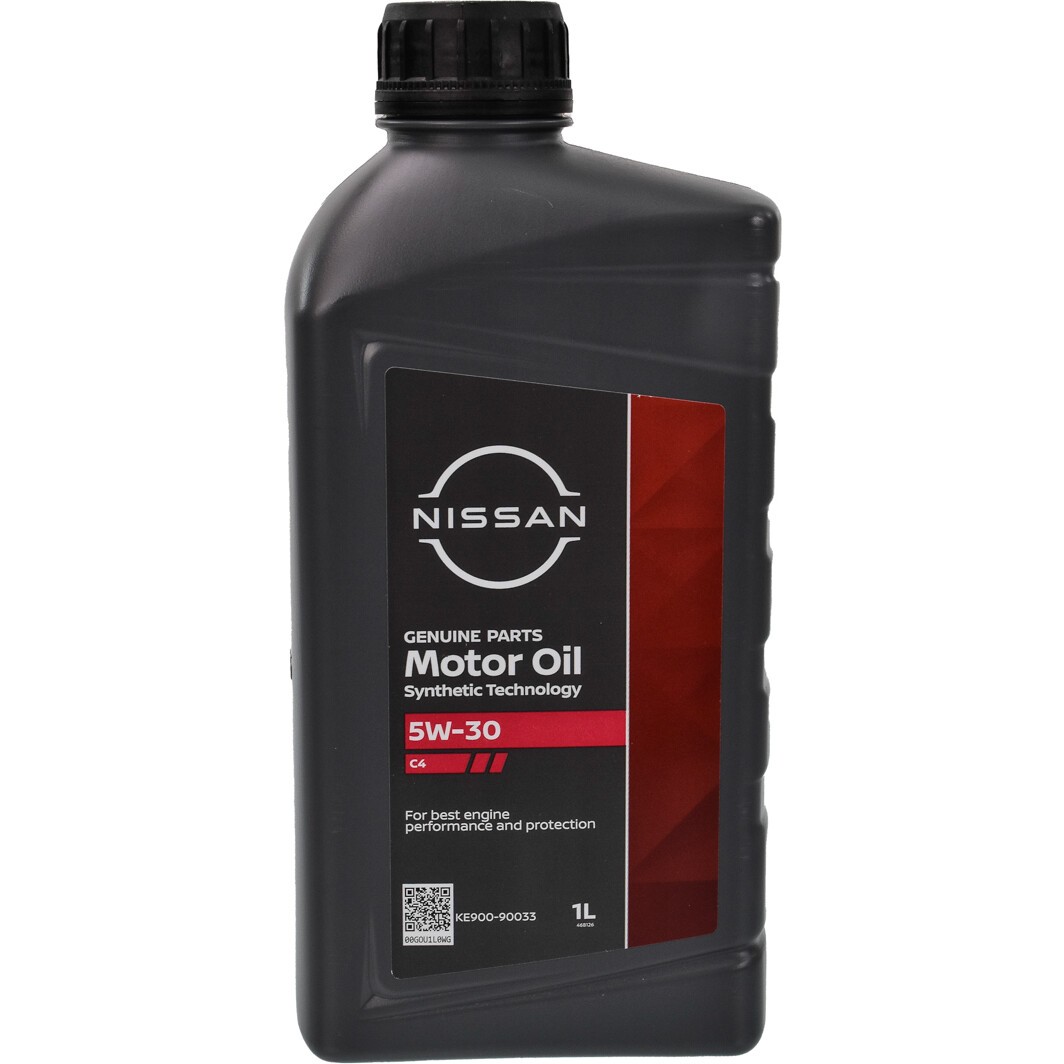The Right Engine Oil for Your Nissan Qashqai Diesel: A Comprehensive Guide
The Nissan Qashqai, a popular crossover SUV, is renowned for its fuel efficiency and versatility. However, to keep your Qashqai diesel running smoothly and reliably for years to come, choosing the correct engine oil is paramount. This comprehensive guide delves into the specifics of selecting the right oil for your Qashqai diesel, ensuring optimal engine performance and longevity. We’ll cover everything from the recommended oil specifications to factors that influence your choice, helping you make an informed decision.
Understanding the Importance of Engine Oil
Engine oil is the lifeblood of your diesel engine. It performs several crucial functions, including:
- Lubrication: Reducing friction between moving parts, minimizing wear and tear.
- Cooling: Dissipating heat generated by combustion.
- Cleaning: Removing contaminants like soot, sludge, and debris.
- Sealing: Helping to maintain compression within the cylinders.
- Corrosion Protection: Preventing rust and corrosion.
Using the wrong oil can lead to accelerated engine wear, reduced fuel efficiency, and ultimately, costly repairs.
Recommended Oil Specifications for Your Nissan Qashqai Diesel
The specific oil requirements for your Nissan Qashqai diesel engine depend on the model year and the engine type. Consult your owner’s manual for the most accurate and up-to-date recommendations. However, here’s a general overview of what you can expect:
- Viscosity: The recommended viscosity grade is typically 5W-30 or 0W-30. This indicates how the oil flows at different temperatures. The “W” stands for winter and the number before the “W” indicates the oil’s viscosity at low temperatures (e.g., cold starts), while the number after the “W” indicates its viscosity at operating temperatures.
- Specification: Look for an oil that meets the ACEA C3 specification. This European Automobile Manufacturers’ Association (ACEA) specification is designed for engines with diesel particulate filters (DPFs), which are common in modern diesel engines. This is crucial for DPF protection and longevity.
- Oil Type: Most Nissan Qashqai diesel engines require fully synthetic engine oil. Synthetic oils offer superior performance characteristics compared to conventional oils, including better temperature stability, reduced friction, and improved protection against wear.
- Specific Approvals: Some models may require oil that meets specific manufacturer approvals, such as those from Renault (as Nissan and Renault have a long-standing partnership). Check your owner’s manual for these details.
Key Takeaway: Always prioritize the specifications outlined in your owner’s manual.
Factors Influencing Your Oil Choice
While the owner’s manual provides the baseline, consider these factors when selecting your engine oil:
- Driving Conditions:
- Frequent Short Trips: If you primarily drive short distances, consider an oil with excellent cold-start performance.
- Towing or Heavy Loads: For towing or carrying heavy loads, a more robust oil with higher thermal stability might be beneficial.
- Extreme Temperatures: In very hot or cold climates, the recommended viscosity grade may need to be adjusted slightly; consult your owner’s manual or a qualified mechanic.
- Oil Change Intervals: Adhering to the recommended oil change intervals is crucial for maintaining engine health. The interval is typically based on mileage or time, whichever comes first (e.g., every 10,000 miles or annually).
- Oil Brand: Choose a reputable oil brand that meets the required specifications. Popular brands include Castrol, Mobil 1, Shell Helix, and Valvoline.
- Budget: While synthetic oils are generally more expensive than conventional oils, the long-term benefits (engine protection, fuel efficiency) often outweigh the initial cost.
Performing an Oil Change
If you’re performing an oil change yourself, ensure you have the correct tools and follow these steps:
- Gather Supplies: New oil, a new oil filter, a wrench for the oil filter, a drain pan, and a funnel.
- Warm Up the Engine: Run the engine for a few minutes to warm the oil, making it easier to drain.
- Locate the Drain Plug: Find the oil drain plug on the oil pan (consult your owner’s manual for its location).
- Drain the Oil: Place the drain pan under the drain plug and carefully remove the plug, allowing the old oil to drain completely.
- Replace the Filter: Remove the old oil filter (usually with an oil filter wrench) and replace it with a new one, ensuring you lubricate the rubber seal with fresh oil.
- Install the Drain Plug: Once the oil has drained, replace the drain plug, tightening it to the manufacturer’s specifications.
- Refill with New Oil: Use a funnel to pour the correct amount of new oil into the engine (check your owner’s manual for the capacity).
- Check the Oil Level: Use the dipstick to ensure the oil level is within the recommended range.
- Start the Engine: Run the engine for a few minutes and check for any leaks.
- Dispose of Oil Properly: Take the old oil to a recycling center.
Important Note: If you’re not comfortable performing an oil change, it’s best to take your Qashqai to a qualified mechanic.
Conclusion
Choosing the right engine oil for your Nissan Qashqai diesel is a vital aspect of vehicle maintenance. By understanding the recommended specifications, considering influencing factors, and following proper oil change procedures, you can ensure your engine remains protected, efficient, and reliable for years to come. Always prioritize the recommendations in your owner’s manual and consult with a trusted mechanic if you have any doubts.
Frequently Asked Questions (FAQs)
1. What happens if I use the wrong type of oil in my Nissan Qashqai diesel?
Using the wrong oil can lead to increased engine wear, reduced fuel efficiency, and potential damage to components like the diesel particulate filter (DPF). It’s crucial to use an oil that meets the specifications recommended in your owner’s manual.
2. How often should I change the oil in my Nissan Qashqai diesel?
The oil change interval is typically based on mileage or time, whichever comes first. Check your owner’s manual, but common intervals are around every 10,000 miles or annually.
3. Can I mix different brands of engine oil?
While it’s generally acceptable to mix different brands of oil, it’s best to stick with the same brand and type for optimal performance. Mixing oils of different specifications or viscosities should be avoided.
4. What is ACEA C3 and why is it important?
ACEA C3 is a European Automobile Manufacturers’ Association specification for engine oils. It’s designed for engines with diesel particulate filters (DPFs) and is important because it helps protect the DPF from damage and ensures its proper function.
5. Where can I find the oil specifications for my Nissan Qashqai diesel?
The most reliable source for oil specifications is your owner’s manual. You can also consult a qualified mechanic or a Nissan dealership.




